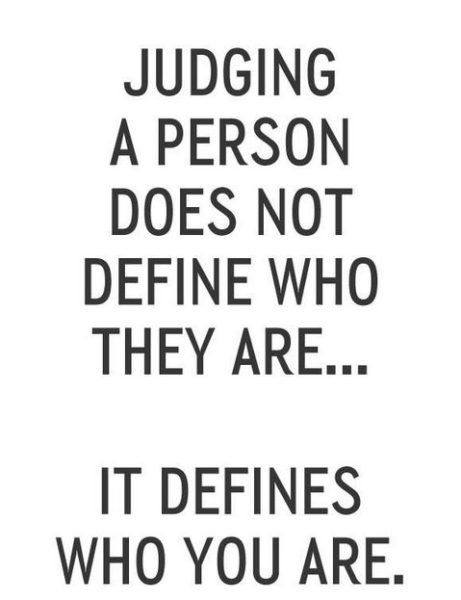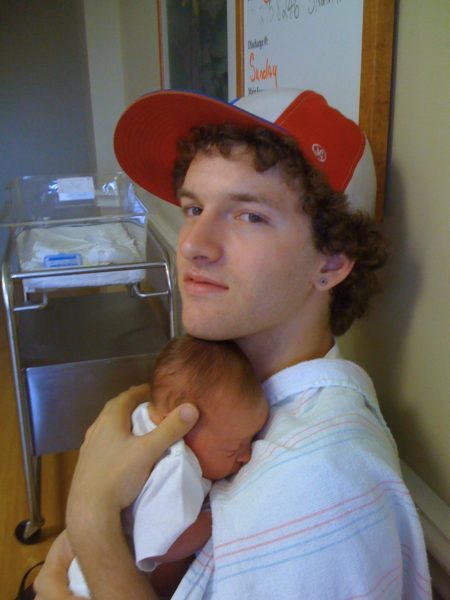I just finished a session with Michelle St. Clair translating Erik on the subject of tech zombies. Very interesting. Before the session, I made sure that everyone knew that Easton needed to stay out of my room, but he wandered in anyway with a big grin. Arleen came to retrieve him, but since it was nearly the end of the session, I let him sit in my lap and say hello to everyone. I asked Arleen if she wanted to say hello, but she ducked out of sight out of embarrassment. Seconds later, she puts a Post-It note up to the camera that read, “Erik farted.” She channels Erik, so I’m sure she was right!
Enjoy our second installment on love!
Robert: Okay, you had asked a question a second ago?
Me: So to love somebody, it takes not judging them because, to me, judgment severs the threads of connection. I think I channeled that from Erik. I don’t know. But go ahead. Talk bout judgment and Love.
Erik: For sure, Mom.
Me: Was I channeling you?
Erik: For sure.
Me: Oh, okay!
Erik: Judgment comes from a place of fear.
Me: Always.
Erik: If it’s expressed like, “You’re doing this wrong, and I’m doing it right,” or vice versa. It’s coming from a place of fear, which goes back to trust. If you don’t trust the decisions that you make or others make, then you’re going to judge things as right or wrong, and any time we do that, we put a person or ourselves into a little box, taking away our ability to be free.
Me: And we label them. We create labels. Defining people restricts them and makes them not all that they can be or who they are, basically.
Erik: That’s right.
Me: Which is everything.
Erik: Exactly. And it goes back again to ego. Symptoms of ego will be judgments, which, of course, feeds into mistrust so you won’t have any trust, guilt—
Robert: Really? Well, yeah, that makes sense.
Me: Talk about that.
Erik: I can’t tell you how many times I’ve run across people from the blog—and even Robert has done this before—who feel a loving connection with someone, but then they’ll start to feel guilt over something like maybe they couldn’t be there for them when they needed them or that person wants something they can’t provide. They’ll feel guilty for that. That’s about not trusting in the Universe. It’s not allowing what was meant to happen, to be. You gotta realize that sometimes you’re not supposed to fucking be there.
Me: And you shouldn’t feel guilty because that implies that you don’t think that person is enough for themselves.
Erik: That’s right, and many times, that’s part of the lesson. It’s about being self-sufficient. When a person is truly living in a place of Love, they know that on their own, they’re enough. Of course you can take that to extremes because they don’t want people to be interconnected.
Robert: How did you put that again, Erik?
Erik: So, say a person is on the side of the road and they’re injured and can’t do for themselves at that moment. Some people can go to the extreme of, “Well, self-sufficiency. You have to take care of yourself.”
Robert chuckles.
Robert: That’s a pretty extreme example, and I don’t think you’d see that too often, Erik.
Me: Yeah.
Erik: Well, fuck yeah, you can see it. It doesn’t have to be quite that literal.
Me: “Dude, you’re two years old. Go out and find a job! I’m sick of supporting your ass!”
Erik: I said it that extreme because I wanted to make fun of how literal people can be. Everything is nuanced. When someone can’t do for themselves, we’re social creatures, and we’re meant to help others.
Me: Well, it’s tough because how do you know whether you’re interfering with their human experience? What if you’re “saving” them from the contrast they’re supposed to be experiencing?
Erik: You won’t feel guilt. You won’t feel pity. You won’t feel like that person is less than. You’ll feel a tug at your heart that feels like compassion.
Robert: Okay, he’s showing this visual so he’s switching to visuals. He’s showing you lifting the person up, giving them a hand up, and in the process, it intensifies your feelings of compassion and empathy.
Erik: So those are the kind of things that you’ll feel. A lot of times people will try to help somebody, and of course it’s good that they help them, but sometimes it’s because they feel bad or guilty or like they pity the person.
Me: Yeah.
Erik: That’s just feeding into an energy that’s not really going to be sustainable for you or the other person. You can go back from that experience and feel like the whole world is terrible and all these other things and, “Why does the world allow these things to happen?” How good does that fucking feel? It doesn’t feel good at all, and it’s not sustainable. The world would never reach the state that you want it to. Of course it’s admirable to want that, but it’ll never get to that place if you’re coming from that kind of a place of ego. Ego will always feel dense.
Me: Yeah, pity is a denser emotion than compassion, and I think—and maybe I’m channeling you, Erik, so tell me if I am—pity is ego based, and it’s judgmental. It’s saying, “You’re not good enough.” That person is not good enough, and you don’t have faith in them to overcome.
Erik: It comes from a place of, “Aw, you’re broken. Poor you. You’re broken.”
Me: Yeah, everybody is perfect!
Erik: Yeah, but it comes from a place of not seeing that they are perfect. Ultimately, when a person feels that way, it’s not about the person in front of them because ego is never about anyone but yourself.
Me: Exactly!
Erik: Pity is all about what you feel toward yourself. Anytime you watch something on the news and you start to feel pity or horrible remorse, which for most human beings is a natural response, but there’s another way that you can approach that. I mentioned it earlier. Project compassion. Project love in the sense that humans think of as love: being supportive, connecting to. That’s the thing that will lift things up and raise vibrations.
Me: Yeah, compassion doesn’t come from the ego at all. It seems more disconnected from self.
Erik: Yeah, but let’s talk about the compassion thing, though. People can project what they say is compassion, but it’s actually a guise for their ego. It’s a façade for their ego so that they can put that label on there.
Me: Oh.
Erik: So here’s how you know. The person will do something that appears to be compassionate. They’ll seem compassionate, but then they’ll go and brag about it to everyone. “Look what I did,” and they’ll post it on the Internet.
Me: “Look at me. I gave to the Toys for Tots drive so yay me!”
Erik: Again, it’s not bad that they go and do that, but it’s about the way they’re presenting it and the intention they have for it.
Me: Yeah, why they did it. Did they do it for that group or person, or did they do it to feel better about themselves?
Erik: Exactly, and that’s where I’m coming from. It’s the intention behind it. Sometimes someone might do something for Toys for Tots, and it’s important for others to know about it so they can help, too. Then, of course, you want to publicize it. But if the intention is to call attention to yourself, that’s under the guise of ego. (to Robert) Perfect, dude.
Robert: Okay, thank you.
Me: Aw.
Robert: I’ll tell you one thing about Erik. Whenever I start to channel him, if he doesn’t have anything to pull him in, he’ll go into a lot of directions all at once. It’d be hard for me to figure out what he wants to say or where he wants to go. You’ll notice that sometimes at the beginning. If there’s no structure like questions—
Me: He takes us down all sorts of rabbit holes!
Robert: He will, and I won’t know where to go! There will be all sorts of things coming in, and I’m like, ‘I don’t know where to start!’ It’s all mixed up like alphabet soup!
Me: Well, Erik, focus! You said for Robert to focus, so you focus!
Robert: Exactly! He’s getting better at it, though. When you ask a question, he’ll stay focused on it.
Erik: Dude, I got spiritual ADD.
Me: Yeah, you do. You had it when you were alive, too. You were all over the place.
Robert (laughing): Oh my god, it makes me crazy sometimes!
Me: Imagine how I felt raising him!
Robert: Oh, bless your heart.
Me: He was into everything. So anything else about the difference between pity and compassion?
Erik: No, Mom. I covered the bases there, but if someone comes in while we’re talking to say something, I’ll add it later.
Don’t forget to include My Son and the Afterlife and My Life After Death in your summer reading, peeps! They both come in all possible formats. Sometimes you have to widen the browser window on Amazon to see them all.




